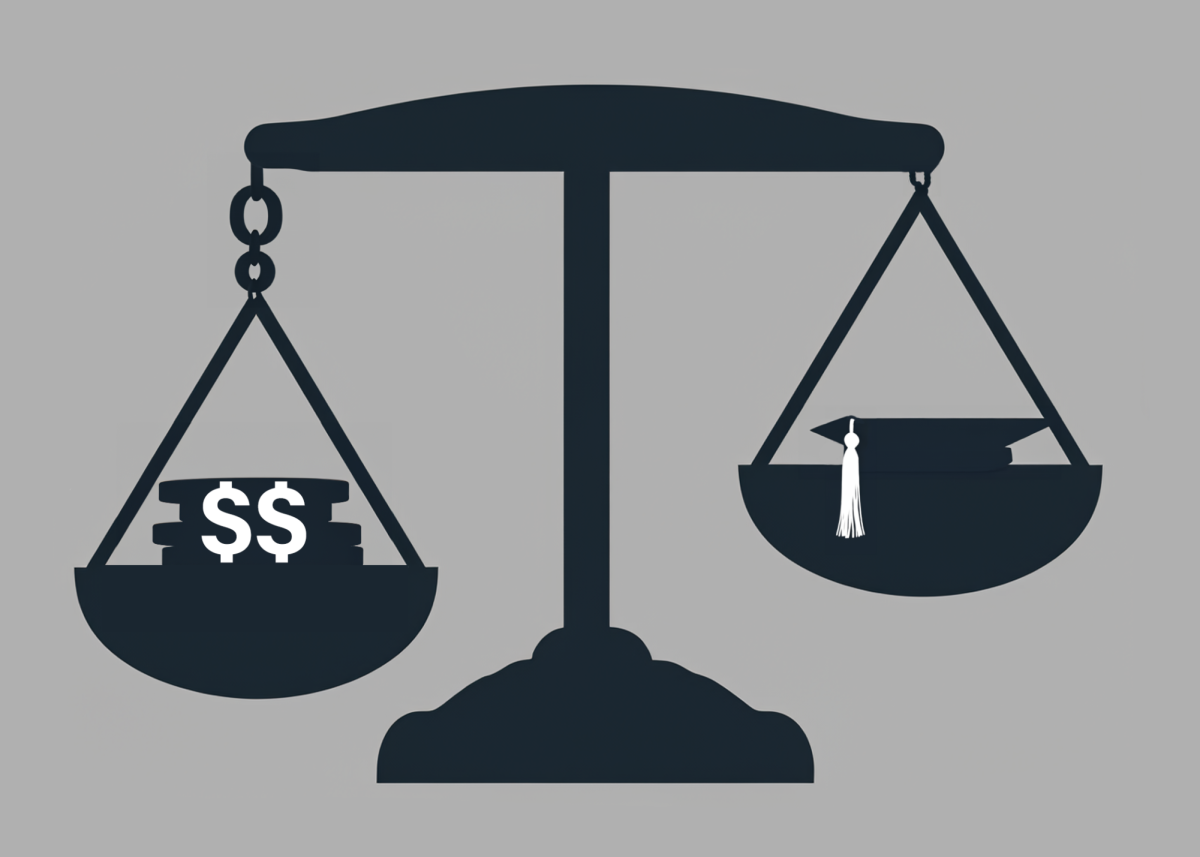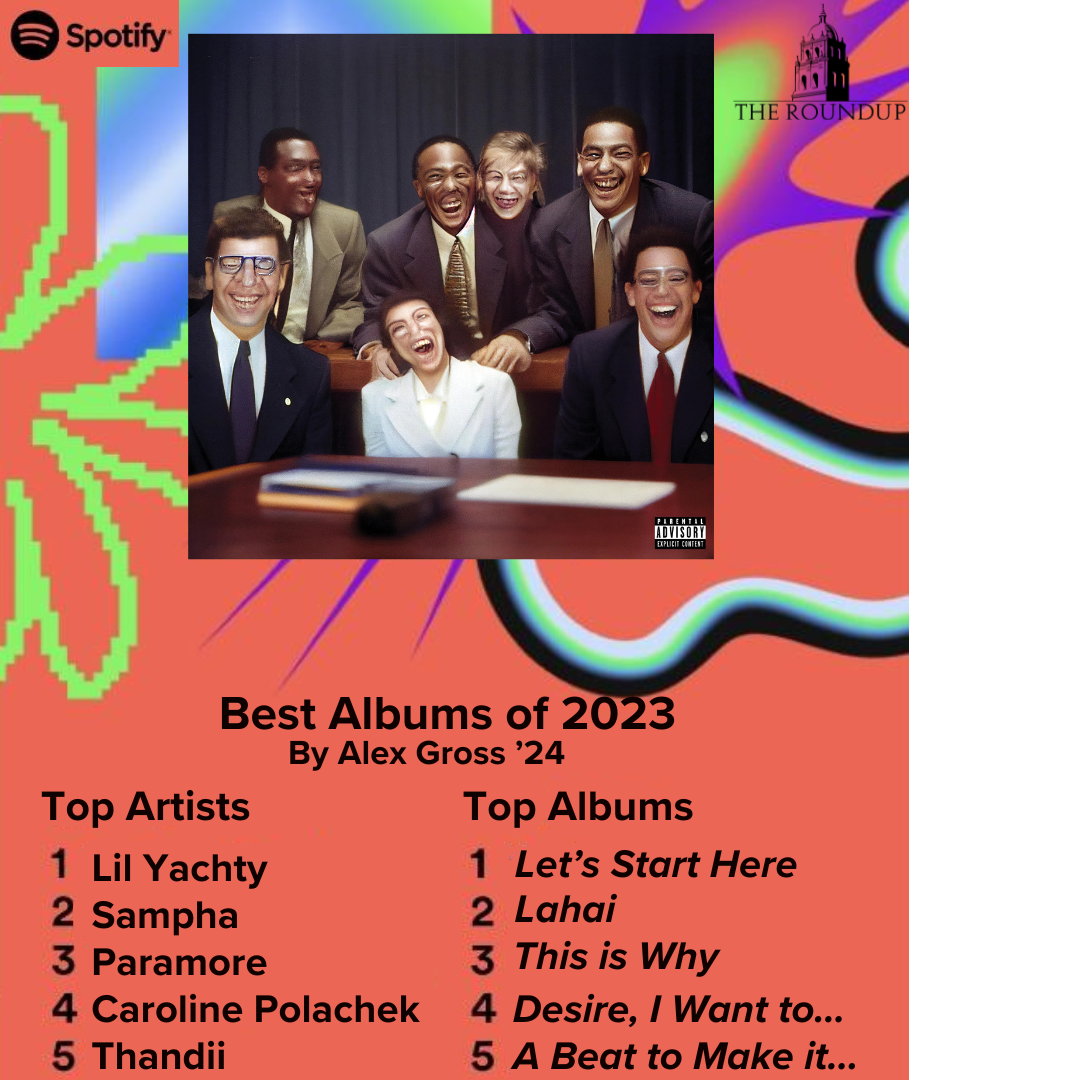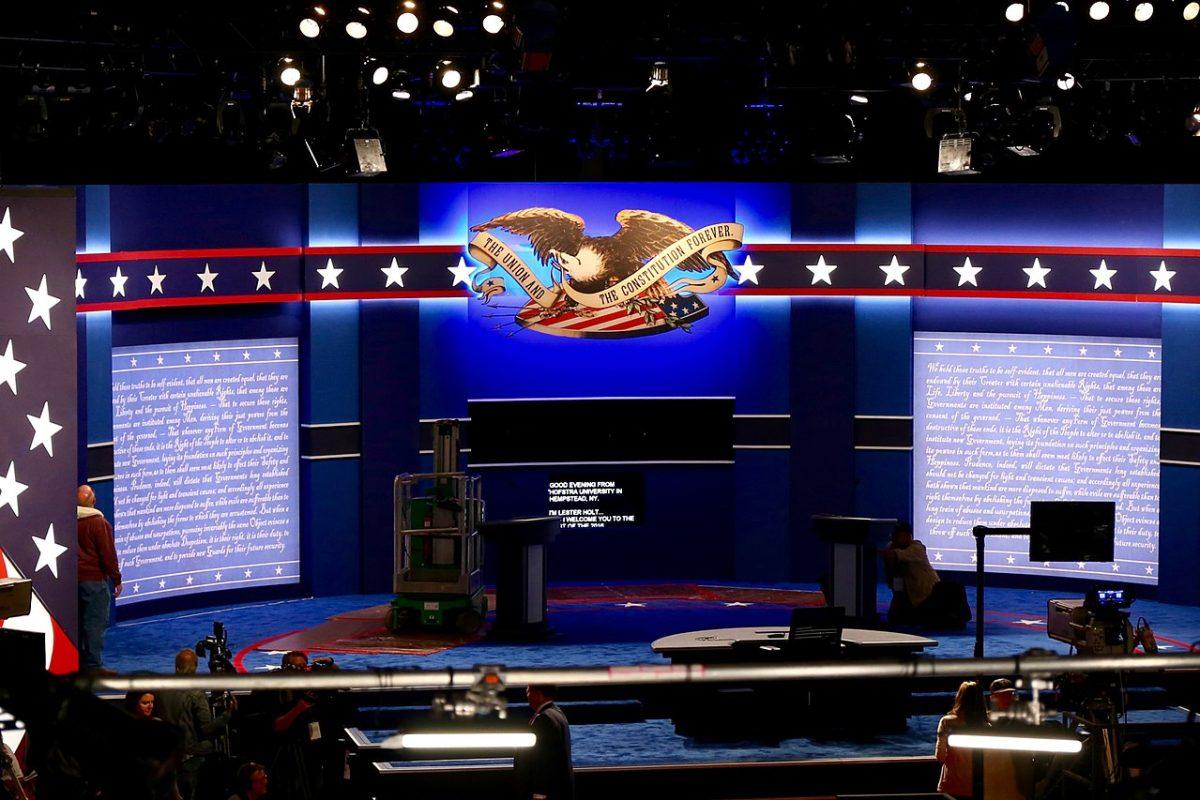By Nick Pecora ’21
THE ROUNDUP
Though once a unique opportunity to hear both presidential candidates articulate their positions and debate those policies with one another, presidential debates have devolved into little more than a competition to see who can produce the best 30-second sound bite possible.
During the 1960 presidential election, Senator John F. Kennedy and Vice President Richard Nixon met for three televised debates. This was the first instance of a televised debate between two presidential candidates in American history. However, it wasn’t until 1976 that presidential debates became regularly scheduled quadrennial events between the two parties’ candidates.
During these years, debates provided the candidates with a platform to make the case for their election to the American people in the course of responding to questions posed by neutral moderators and to defend their policies and their records against their opponent’s criticisms.
However, the format of presidential debates inherently lends itself to candidates making every effort to sneak in a quick jab at the expense of their opponent that will be replayed endlessly and stick with viewers long after the debate’s conclusion, thus rewarding candidates for the quality of their performance rather than the quality of their ideas.
A few of these lines still endure decades after they were originally spoken. Lines such as Ronald Reagan’s 1980 retort of “there you go again” in response to President Jimmy Carter or Senator Lloyd Bentsen’s remark of “Senator, you’re no Jack Kennedy” to Senator Dan Quayle during the 1988 vice presidential debate come to mind.
Due to increased viewership, presidential debates are now even more of a spectacle than ever. Nielsen has estimated that 84 million viewers watched the first debate of the 2016 campaign between former Secretary of State Hillary Clinton and businessman Donald Trump. They estimated that over 73 million tuned in to the ever-contentious Sept. 29, 2020 debate between President Trump and former Vice President Joe Biden.
These increased ratings give candidates every incentive to land a quick zinger on their opponent that can then be used as a sound bite on social media every news show in the country the following day. The format of the debates incentivizes the rejection of substance in favor of canned applause lines.
In addition to being devoid of any meaningful discussion of policy, debates are simply not needed anymore.
The reality of campaigning in the 21st century is that every candidate and campaign has a website wherein voters can find the candidates stances on every conceivable issue. Both candidates have social media pages that they (or their staff) regularly populate with their takes on current issues.
Voters in 1960 did not have such resources, so the opportunity to hear proposals directly from the mouths of the candidates themselves was welcomed.
In other words, there are countless ways in today’s world to learn where candidates stand on the issues without the need for debates. Society has progressed past the need for this method of comparing the two candidates.
There are plenty of alternatives to live, head-to-head debates that avoid the one-liners, interruption, and destructive bickering that so often plague presidential debates.
For example, after a disagreement between the two campaigns, a live debate scheduled for Oct. 9, 2020 between Democrat Jaime Harrison and Republican Senator Lindsey Graham, United States Senate candidates in South Carolina, was cancelled. However, the local news station sponsoring the debate replaced it with something much more productive.
Rather than an hour-long debate between the two candidates, the candidates participated in separate 25-minute interviews. Both candidates were asked questions and were allowed time to respond without risk of interruption by their opponent, and voters were able to hear each man make his case for why they should receive the votes of South Carolinians.
A forum-like format such as the one piloted in South Carolina would be a much more productive method of comparing candidates than the current debate format we have today.
After the nearly-universally panned boisterous first debate of the 2020 campaign between Joe Biden and Donald Trump, the independent Commission on Presidential Debates released a statement saying, in part, “…additional structure should be added to the format of the remaining debates to ensure a more orderly discussion of the issues.”
Should presidential debates continue to be a staple of American presidential elections, changes to the format certainly need to take place. However, if those in charge of the debates were to consider scrapping the debate format altogether, both the candidates and the voters tasked with evaluating them would benefit.




























